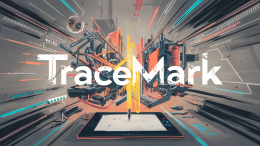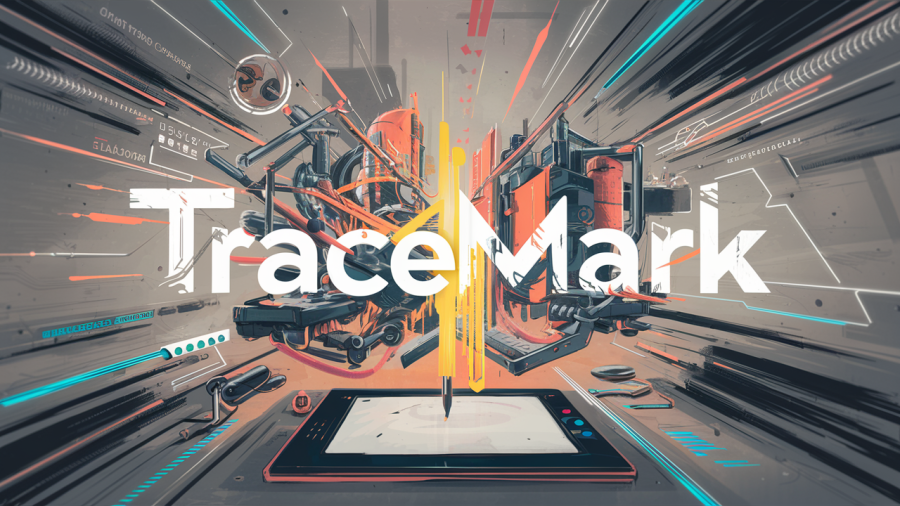While AI has been around for some time, it’s only recently that workers in tech jobs started raising concerns about the negative impacts of job augmentation. Most technology fields implemented AI in an attempt to streamline processes and boost accuracy. All this happens with minimum human interference.
Typically, the sheer power of modern computer systems facilitates complex processes previously reserved for human professionals. As AI technology gets better, most tech jobs are likely to be dominated by AI.
Tech Jobs That AI Will Take Over
Here are a few tech jobs that are going to be affected by AI the most:
1. Coding and Development
Coding and programming skills are in high demand, but advanced AI tools will likely dominate these careers in the future. Most tech jobs like data science, software development, programming, and web development are amenable to AI. This means technology can replace some or most of the processes involved in the job.
Some AI tools are highly competent in crunching numbers with astounding accuracy. Therefore, AI can complete coding tasks faster than humans, meaning companies need fewer people to accomplish a project.
However, it might not be possible to eliminate the need for human workers in the entire process. Savvy professionals can leverage AI tools to improve their skills and become more valuable. However, if you are a victim of unfair termination, you have the right to legal redress, and a worker’s compensation attorney can help you with the process.
2. Graphic Design and Engineering
While some jobs that demand high creativity might be hard to automate, some tasks in graphic design are easily completed by AI tools. For instance, the Generative Fill feature in Photoshop is a perfect example of how AI can dominate the graphic design sector. This tool lets anyone with minimal editing experience execute photorealistic edits using simple prompts.
Generative design leverages AI to carry out the design process. Typically, the tool assists with the idea generation and then generates numerous possible solutions for the query. Regardless of the nature of the design, AI works within specific parameters to produce feasible designs within a short time.
3. Research Analysis
Artificial intelligence is already a powerful trend in research and data analysis. The technology is essential for streamlining the process and processing new data without external intervention.
Modern computers with advanced processing capabilities help in extrapolation and analysis of complex data sets. On the other hand, research analysts play an integral role in creating the right message and content for marketing purposes. However, AI tools can administer surveys, process the data, and compile necessary information more accurately within a short time.
While automated tools have the advantage of speed, scale, accuracy, and consistency, human experts have unique experiences that are hard to replicate with an algorithm. Researchers who leverage AI tools can ensure efficiency and relevance in their jobs.
4. Health Tech
Health tech is an essential part of the modern healthcare system since it helps develop and deliver advanced solutions. Advanced AI algorithms, trained on sufficient medical data, can surpass human capabilities. The technology solution can eliminate delays and optimize healthcare costs. Some models can accurately diagnose health conditions years before any symptoms manifest. In addition, AI algorithms can determine potential responses to medical interventions and customize some treatments.
Nevertheless, AI adoption in healthcare is sluggish due to regulations and costs. While medical AI holds a huge potential, replacing physicians may not be immediate. Instead, the technology will help streamline service delivery in the medical sector. This means healthcare providers won’t be overworked, and they can focus on delivering better services to patients.
The fundamental revolution will happen after the mass adoption of AI-based diagnostic and treatment solutions. This can eliminate late treatments and embrace early detection and prevention.
Artificial intelligence is a fast-evolving field that is creating a massive revolution in the technology sector. Consequently, the future workforce has no option but to go through a similar transformation to remain relevant in their jobs. While the changes lead to disruptions in conventional jobs, new opportunities will arise.










